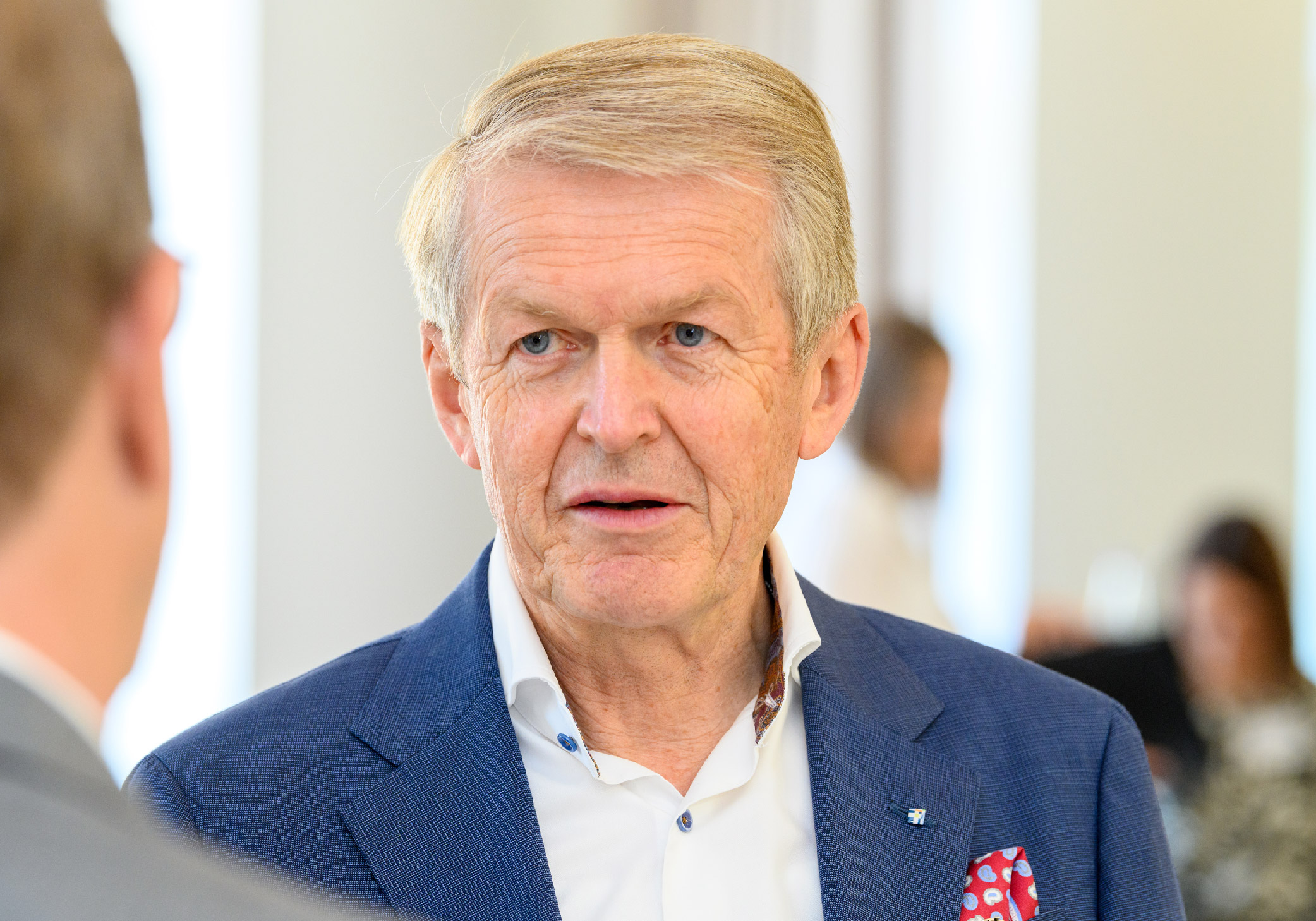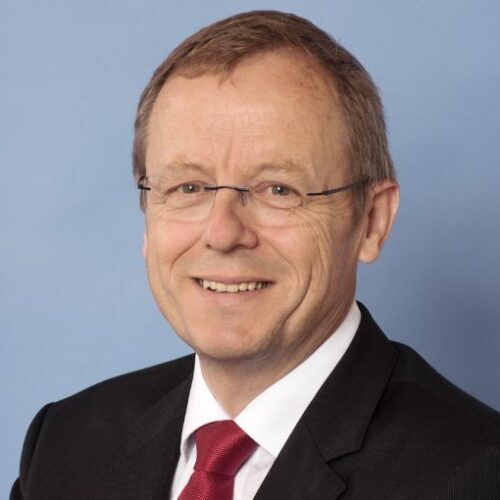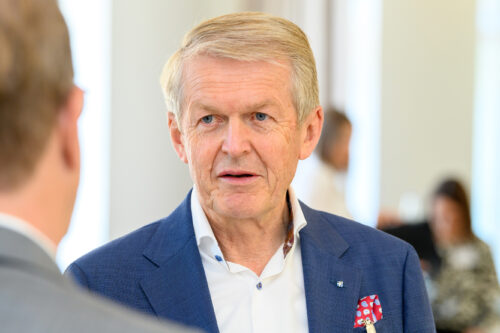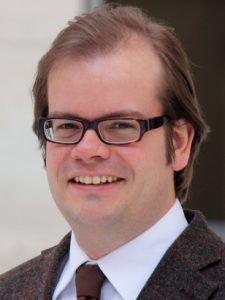Thomas Weber elected President of the National Academy of Science and Engineering, Ursula Gather elected Vice President

Munich, 13 March 2023
acatech – National Academy of Science and Engineering has a new President and a new Vice President: Thomas Weber has been elected President of acatech by the Executive Board to work side by side with Jan Wörner; Ursula Gather has been elected Vice President. “Unblinkered cooperation with expertise is the hallmark of acatech’s DNA. Today, more than ever, we need fact-based and future-oriented collaboration,” said Thomas Weber on the occasion of assuming the office of President.
With a mission to provide independent advice that is in the public interest, acatech brings together proven experts from science and industry to work on a voluntary basis on future-related issues. The Academy’s two Presidents represent these experts. As one of acatech’s Presidents, Jan Wörner represents acatech’s scientific Members. Thomas Weber has now been elected from the ranks of the acatech Senate by acatech’s Executive Board to serve as President. The Senate is made up of prominent figures from industry. The two Presidents and the Managing Director, Manfred Rauhmeier, form the Management Board of acatech. The acatech Executive Board also elected Ursula Gather from among the Members as acatech Vice President.

© ESA
Thomas Weber has been a driving force at acatech for many years. His appointment is well-deserved and he is the natural choice to continue his mission at acatech as President. In Ursula Gather, who was Rector of TU Dortmund for many years, we have an equally experienced and renowned scientist and science manager as Vice President. She has been a member of the Executive Board at acatech since 2014.
Jan Wörner, acatech President

© Himsel
Unblinkered cooperation with expertise is the hallmark of the National Academy of Science and Engineering’s DNA. I am therefore even more committed than ever to acatech. Science and engineering must make their contribution: in the short term, they are contributing to security and resilience at a time of sensitive crises and during a reckless war of aggression waged by Russia. In the long term, the freedom of future generations must be maintained and prosperity must be ensured by creating added value in a way that is climate neutral and resource efficient. Advances in technology open up new approaches and solutions, while at the same time posing new questions. More than ever, therefore, we need fact-based and future-oriented cooperation between experts, policymakers and society. This will enable Germany and Europe to seize opportunities to remain fit for the future.
Thomas Weber, acatech President
acatech Managing Director Manfred Rauhmeier explains the decision to elect Thomas Weber as acatech President: “We were looking for people at top levels in the Academy who are highly respected in science, industry and politics and whose wisdom will help to drive progress at acatech. It quickly became apparent that the ideal people for this mission had already made a very valuable contribution within the Academy. As Senator and then as a member of acatech’s Executive Board and Vice President, Thomas Weber has raised and enhanced acatech’s profile significantly. Ursula Gather has been a key figure on acatech’s Executive Board for nine years.
Thomas Weber – from apprentice to engineer, manager and visionary
Thomas Weber started his professional life as an engineering apprentice with Daimler. He subsequently studied mechanical engineering in Stuttgart, graduating in 1980. After completing his doctorate in 1987, he continued his career with Daimler. This led him to a position on Daimler’s Board of Management (2003–2017), where he was responsible for the research and development of new powertrain and car technologies and new mobility solutions.
Thomas Weber has been involved in acatech since the Academy was founded – in projects and platforms, as a Senator, and since 2017 as acatech Vice President. Between 2010 and 2018, Thomas Weber was a member of the Steering Committee of the National Electromobility Platform and subsequently a member of the National Platform Future of Mobility (2018–2022). Since 2019, he has been Chair of the Circular Economy Initiative, which supports the development of a sustainable circular economy in Germany and Europe. He also developed the “acatech Mobility Monitor”, a representative survey conducted every year by the Allensbach Institute on behalf of acatech – a highly regarded edition of the survey (in German) was recently published. The survey addresses the attitudes and behaviours of German citizens in relation to mobility.


